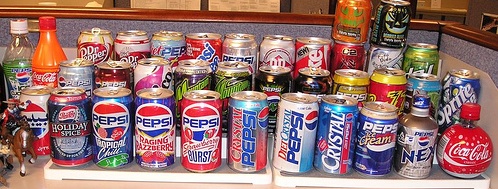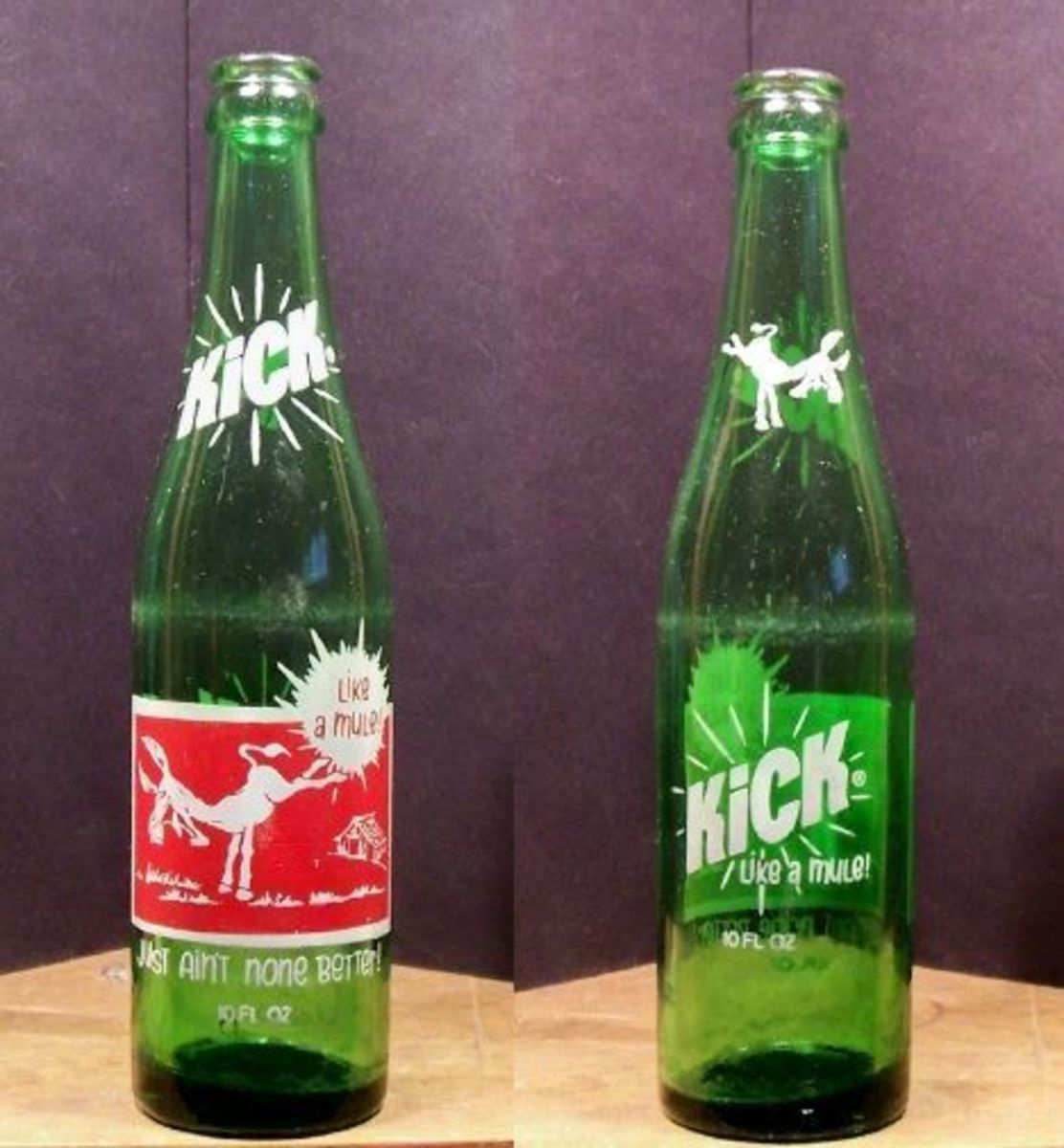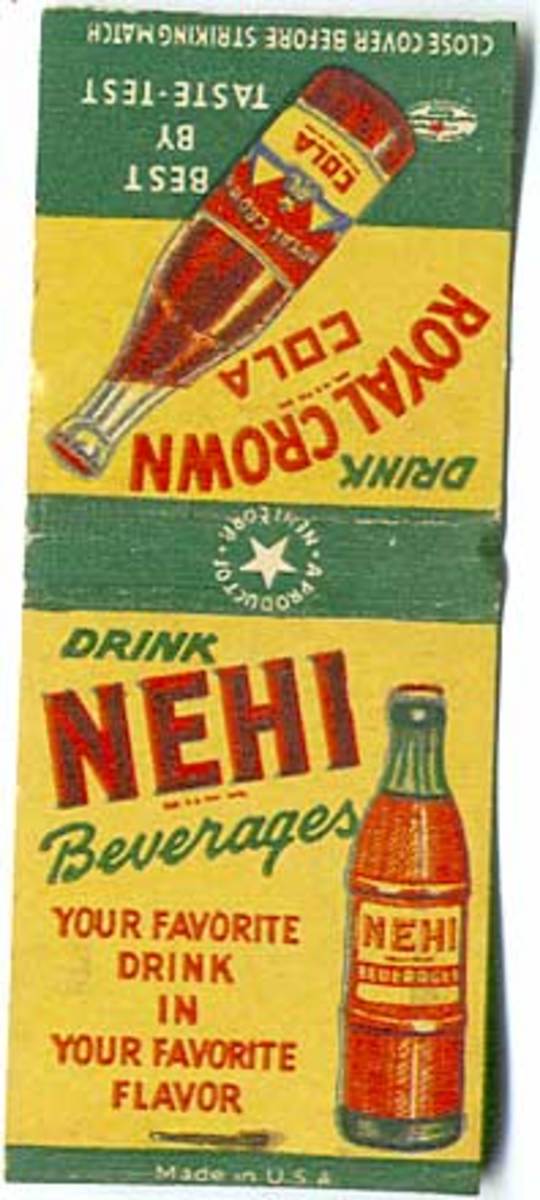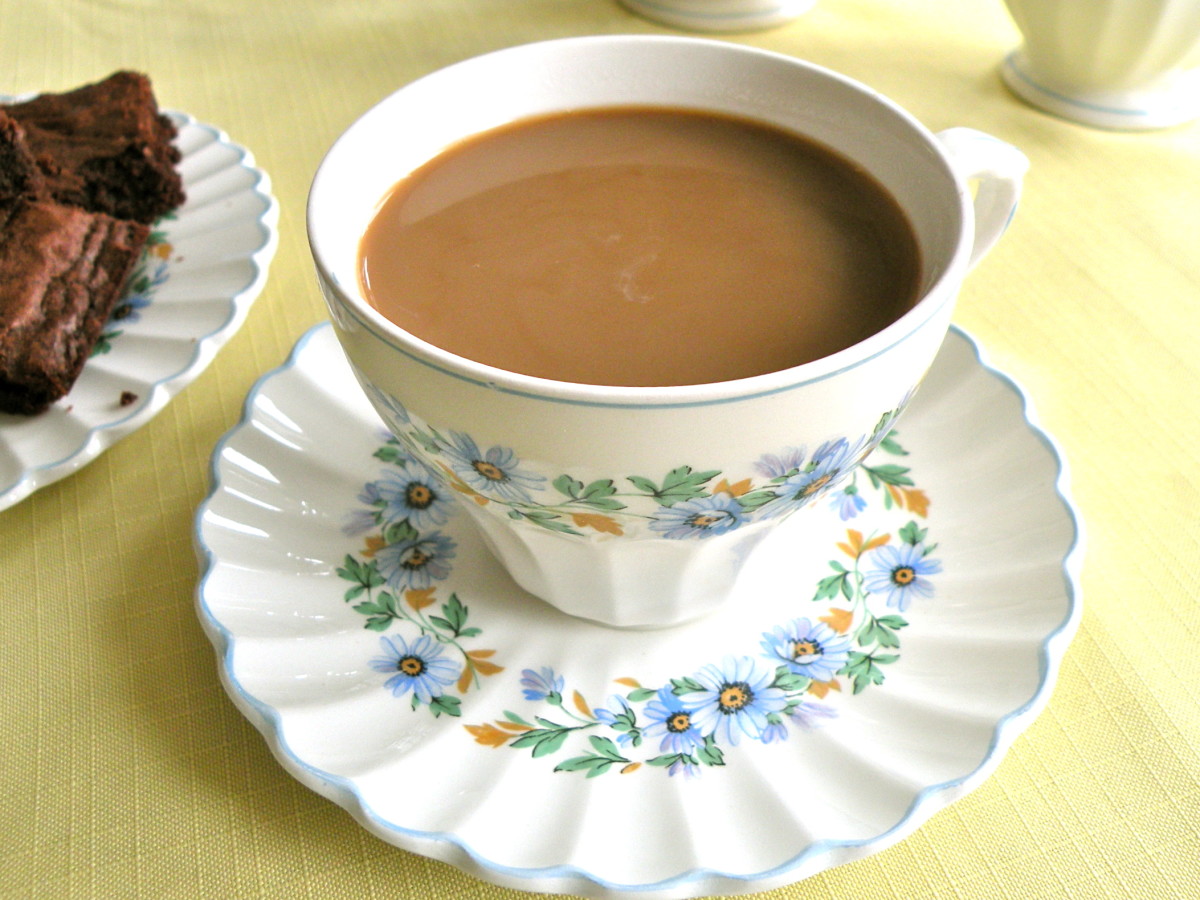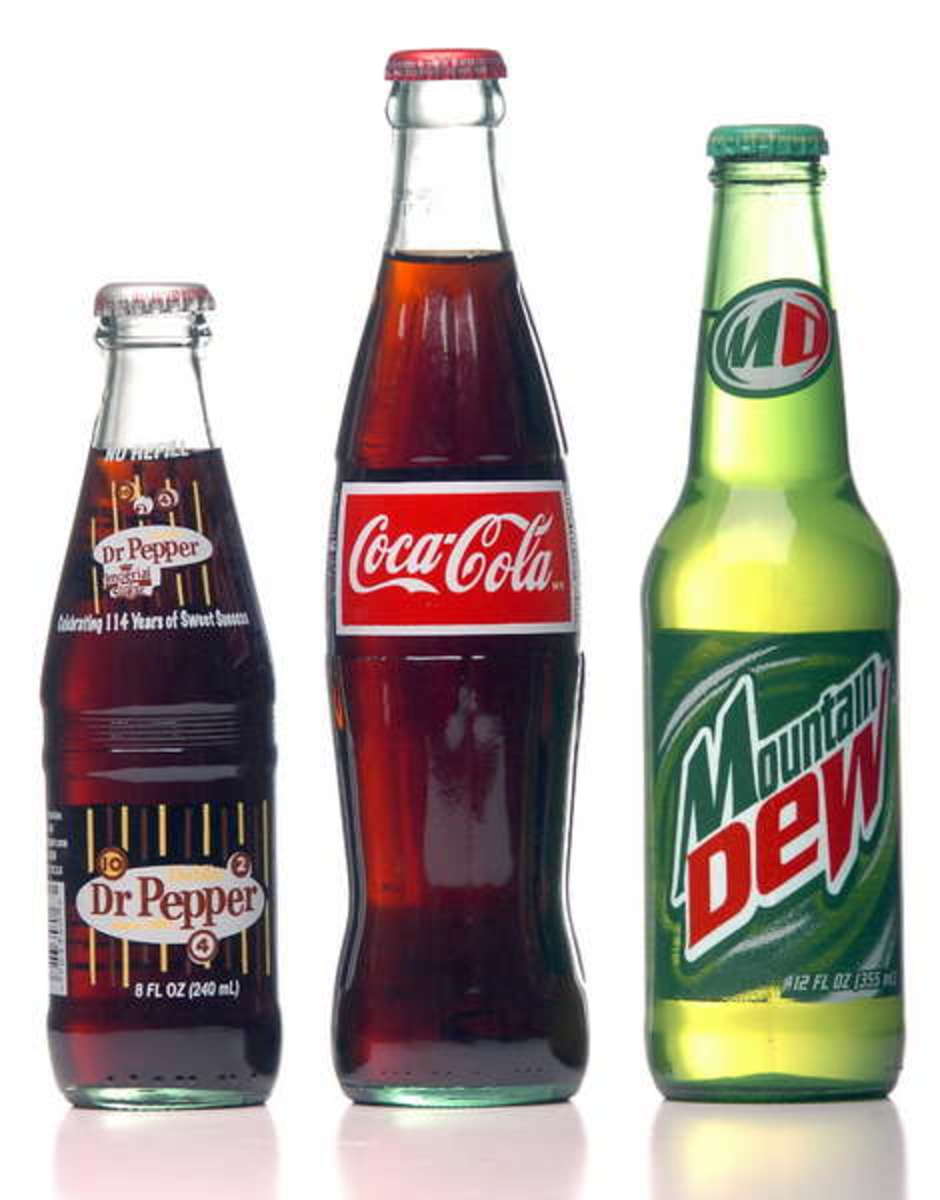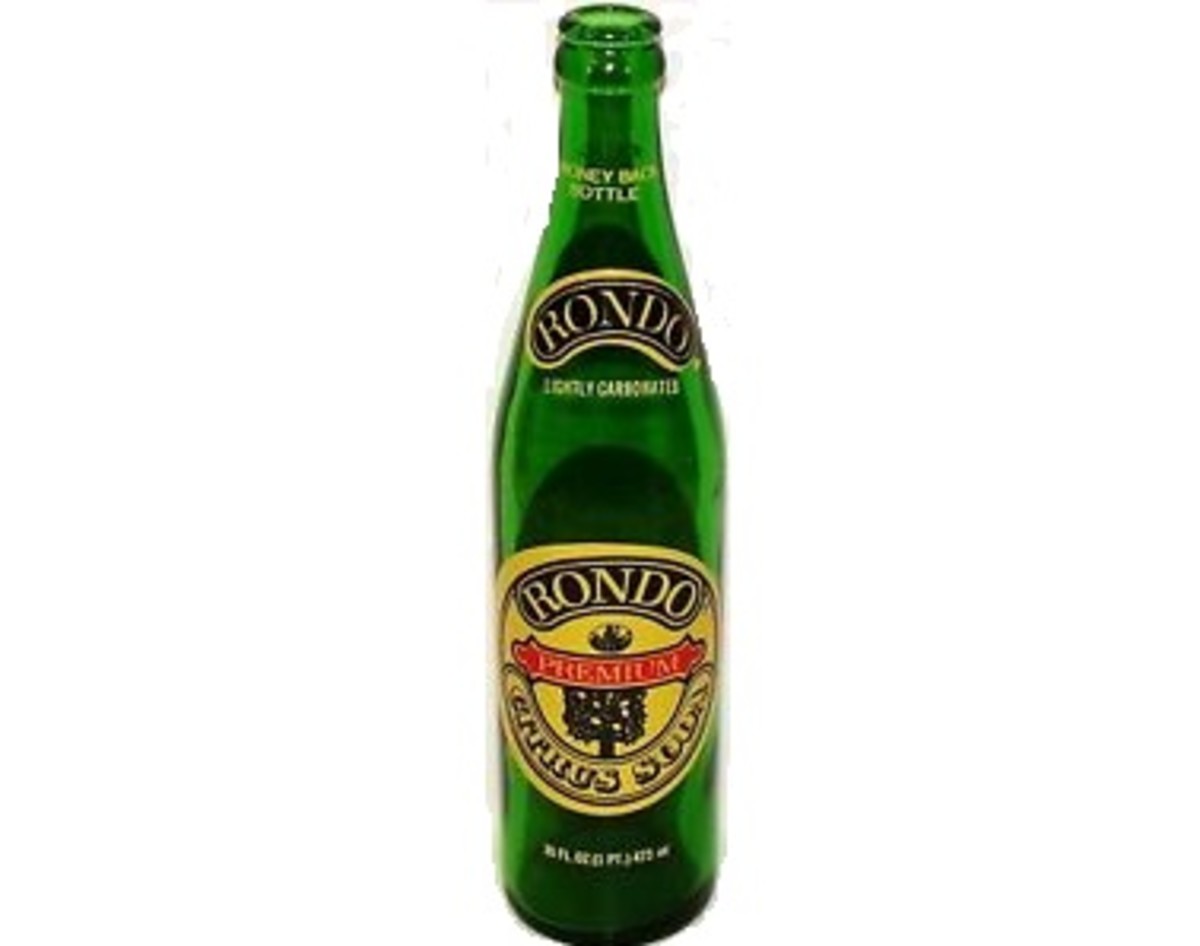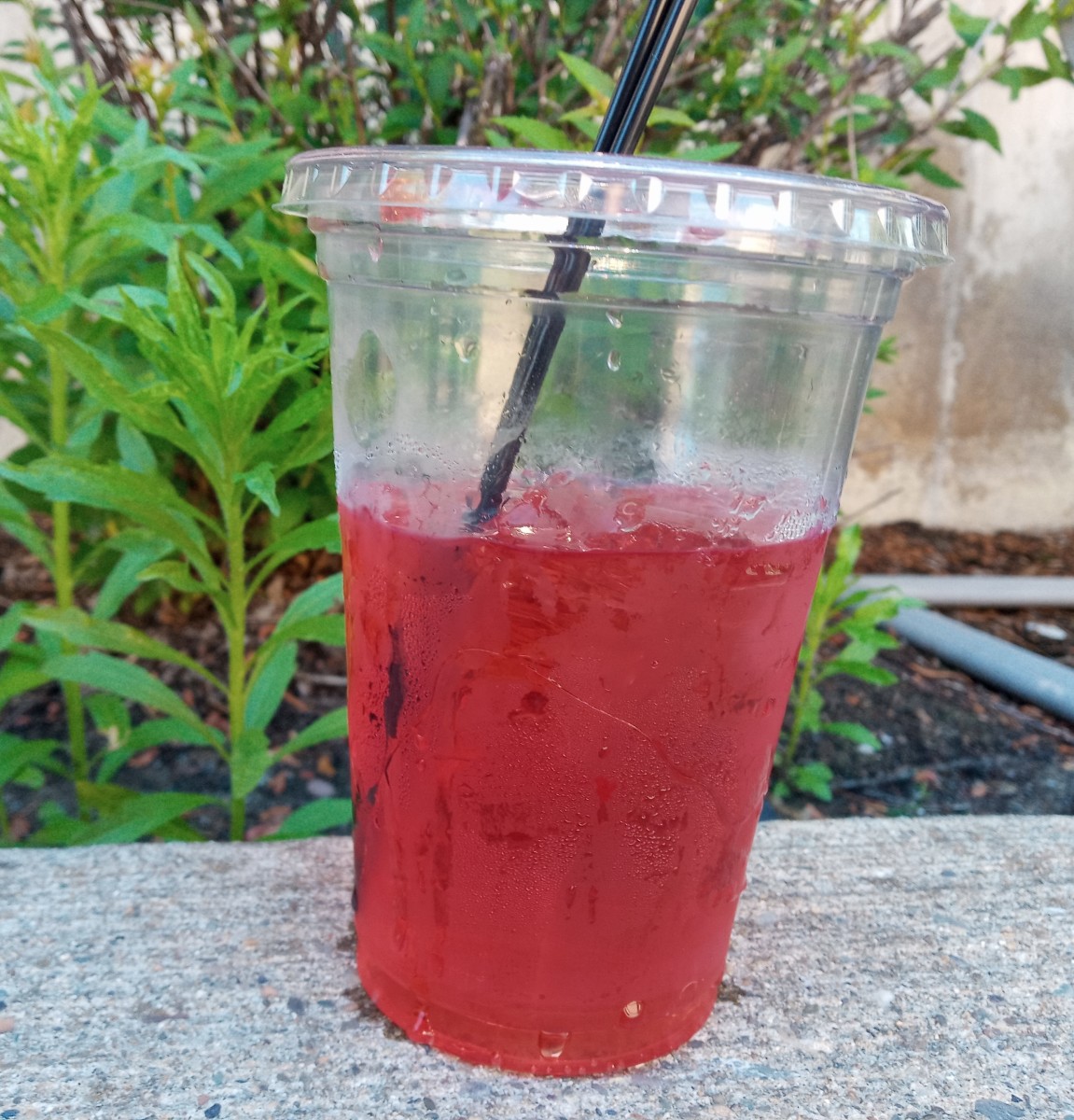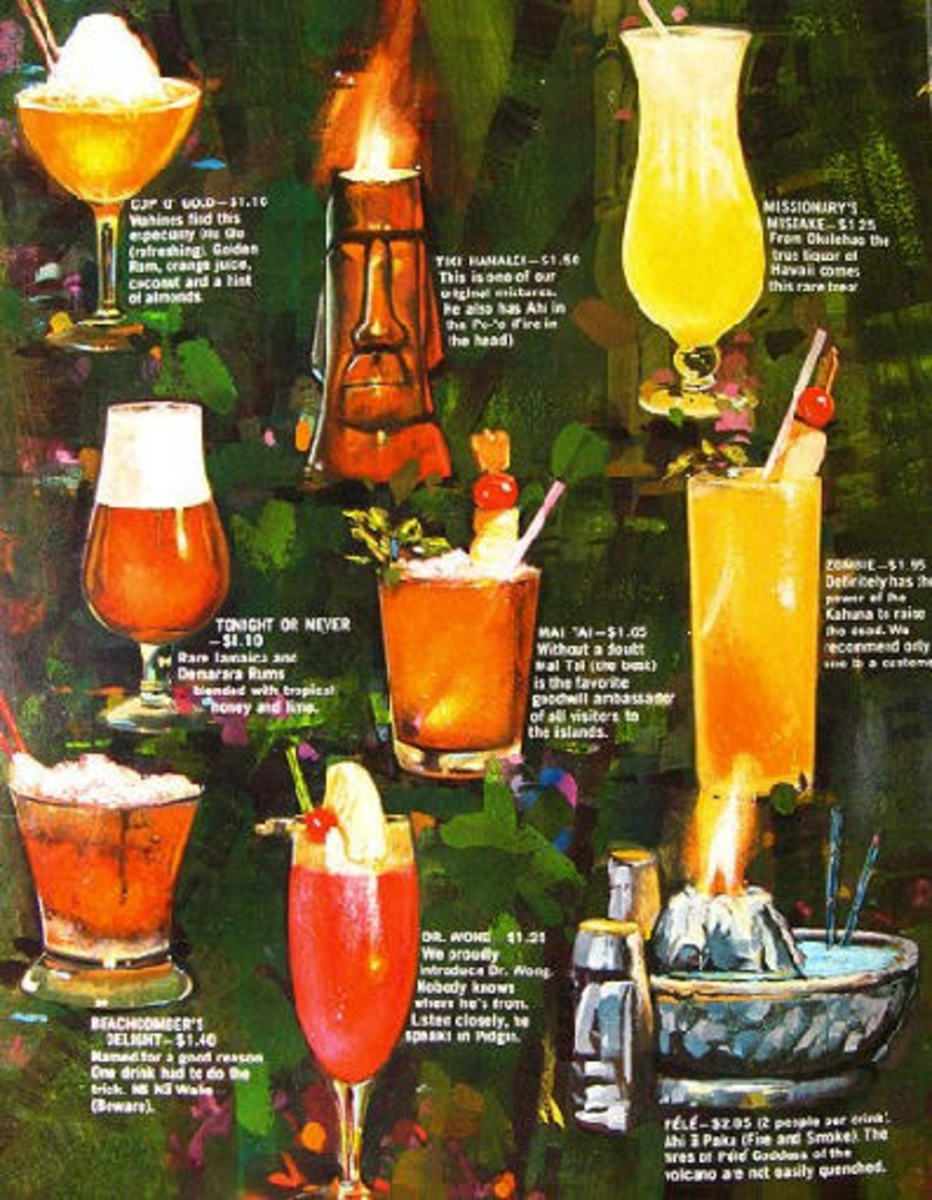Why Drinking Soda is Bad for You
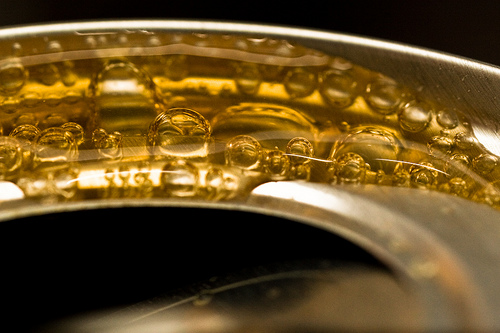
Carbonated Soft Drink
Soft drinks may taste great, but you'll find that no matter what brand you prefer, whether it be Coca-Cola, Pepsi, Mountain Dew, Sprite, Dr. Pepper, Root Beer, or Fanta, they'll tell you that the drink is not a good source of fiber, Vitamin A, Vitamin C, calcium, or iron. When you drink a soda, is solely for its good taste.
There are many reasons why soda is not good for you, but remember that moderation will always be the key. If you can find them, instead of buying the regular cans, buy the small, half-sized cans of soda. You'll consume less sugars, caffeine, and carbonation. This doesn't mean that the drink will be better or give you the excuse to drink more of the small cans, it just means you'll consume less of the bad stuff.
First off, think about the ingredients.
- Carbonated water (plain water infused with carbon dioxide
- Caramel color (natural additive to create color)
- Natural flavors (often citrus flavors for added taste)
- Caffeine (diuretic and stimulate that can be addictive)
- Phosphoric acid (chemical that adds tangy or sour flavor by breaking down starch to sugar)
- High-fructose corn syrup (no nutrition, lots of calories)
In a normal diet, you want to ingest as little sugars as possible, which is something that you're not going to achieve by drinking a soda or two a day.
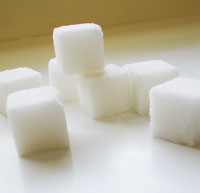
It's the Sugar
Because soft drinks contain no nutritional value, there's no health reason to drink them, but there are many health reasons that one should drink a soft drink. All sodas contain caffeine, Carbonation, and sugars (or sugar substitutes) that be very harmful to your health.
Studies show that soft drinks can lead to tooth decay, nutritional depletion, obesity, type 2 diabetes, and heart disease. These are the most common health problems that are associated with heavy soft drink consumption, especially in children.
Soft drinks are packed with sugar, which is one of the main reason they are so bad for you. It's recommended that you only have 10 teaspoons of sugars per 2,000 calories on a daily basis, but one soft drink contains more than the allotted 10 teaspoons.
When this much sugar is consumed, your pancreas will produce and release more insulin, which will empty the sugar in your bloodstream and dump it into your tissues and cells for energy. This will raise your insulin levels, which can lead to your immune system weakening, causing you to be more susceptible to disease.
Because the sugar is being dumped into your tissues and cells, the excess that your body isn't able to burn up ends up being stored as fat, which causes weight gain. The weight gain increase the risk of heart disease and cancer.
Studies show that there is an increased risk of breast cancer in rats when they consumed a high-sugar diet. Although, the human body is a little different than a rat's, it is something to keep in mind if you have breast cancer in your medical history.
It's the Carbonation
The carbonation and phospophic acid can decrease your blood calcium levels. Because calcium is important to have healthy bones and muscles, you'll find that with less calcium in the body, your bone mass and density will suffer. Soda and carbonated drinks will increase your risk of osteoporosis.
Broken bones and bone fractures are also common when you have lowered bone density. The more fragile your bones are, the higher your chance of an injury.
It's the Caffeine
Caffeinated beverages can be worse than all. First off, caffeine is a diuretic which can cause you to become dehydrated if you're not careful; your kidneys will work harder to push out the extra liquid in your body, which is slowly drying out your body.
Caffeine can also decrease the calcium in your body, as well as stimulate your central nervous system, causing stress, a racing mind, insomnia, and the jitters.
Caffeine is very addictive, so when you drink more, you generally crave more over time. The more caffeine you consume the more potential health problems you'll encounter.
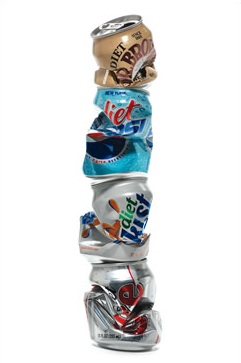
Diet Soda is Bad for You
Most people grab the case of diet soda because they think that it's better for their health and diet than a regular soda, but in reality, sugar-free beverages are definitely not better for you. And, it's not really going to help you with your weight loss like you'd hope. The artificial sweeteners that are added will actually hinder your dieting.
Because most diet sodas are non-calorie drinks, this basically tricks your judgement for calorie intake, and because you think that you're drinking something that's better for you than the alternative (regular soda), you're subconscious tells you it's ok to eat more.
No matter if you drink a regular or a diet soda, you'll find that drinking one or more a day will cause a 30% increased chance of gaining weight around the midsection than if you opted for water or another beverage.
The artificial sweeteners that diet soft drinks have can be dangerous to your health. Generally, aspartame, sucralose, and/or saccharin are used in sodas.
Aspartame (nutrasweet) is a chemical that stimulates the brain to think the drink is sweet, which actually causes more food cravings, which can lead to loading up on carbs. Aspartame breaks down into aspartic acid, phenylalanine, and methanol when it's at 86F, and it's even been linked to obesity.
Studies have shown that saccharin acts like a carcinogen, and have even been found to cause bladder cancer in rats.
Healthy Alternatives
Fresh water- Water will help your body perform regular, daily functions. If you want a little flavor in your water, you can add a little basil, mint leaves, or a drop of honey. Just remember that if you are filling your glass up from the tap, you'll want to make sure that you have some kind of filtration system so that you can filter out the contaminants and unhealthy substances.
- Fruit Juice- Fruit juice contains a good bit of sugar when compared to water, but it contains so much less than soft drinks. Plus, you can buy all natural juice instead of concentrate. You'll be drinking something that is not only good for you but tastes good.
Tea- Whether you like black tea, green, white, or oolong teas, you'll find that in general tea contains antioxidants that are good for you. Although, herbal teas do not have the same antioxidant properties, they're still a better choice than sodas, and create a nice calming and relaxing state. You can add a little cinnamon or honey to your tea if you want to sweeten it a little bit.
